Check out the organs below! ⇩
Your body works because of co-operation! There are many different systems that make your body work properly, and these process the food you eat, the air you breathe, they pump your blood around your body, create your defences and make sense of the world around you. These systems all work together, helping each other to work to their best, all the time.
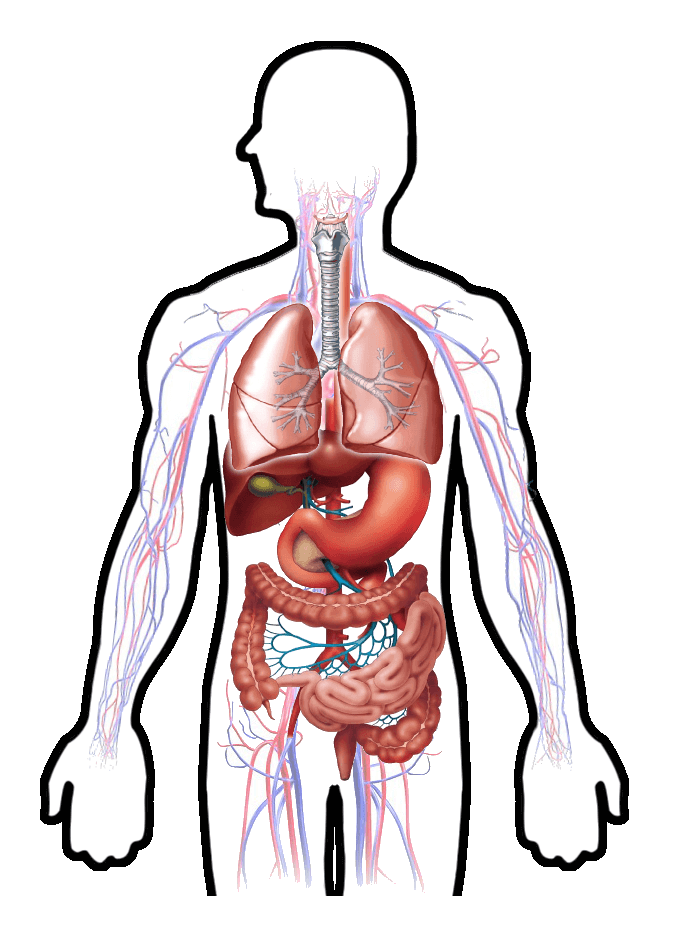
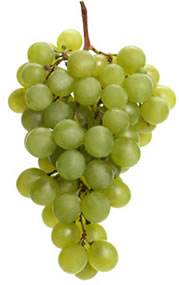
Your digestive system starts in your mouth. It is made up of your teeth and tongue and does a lot more than just chew - it helps you to speak or sing and allows you to smile or frown! Your mouth also contains saliva which helps to break down the food you eat and to prevent infection.
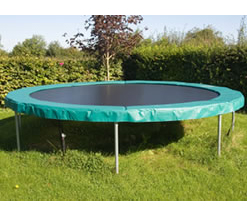
Your ‘o-soph-a-gus’ is a long tube that joins the back of your mouth with your stomach. It is about 25 cm (10 inches) long and brings chewed food from your mouth to your stomach. Food doesn’t just slide down your oesophagus – it is pushed down by muscles in a process called peristalsis. If peristalsis is reversed, you vomit! You use 22 muscles to swallow and these are so strong, you can even swallow standing on your head!
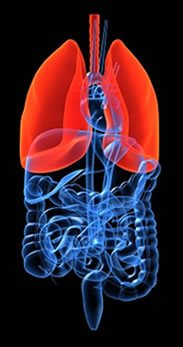
Your stomach connects the end of the oesophagus to your small intestine. It is shaped like a ‘J’ and can stretch when you eat or drink. Your stomach mixes your chewed food with lots of acids which break food into smaller and smaller pieces and kill any bacteria that you may have eaten by mistake. Your stomach doesn’t take any nutrients from the food but it is a really important part of your digestive system!
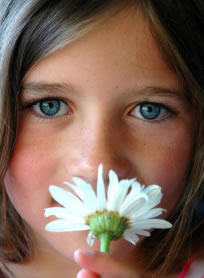
Your stomach connects the end of the oesophagus to your small intestine. It is shaped like a ‘J’ and can stretch when you eat or drink. Your stomach mixes your chewed food with lots of acids which break food into smaller and smaller pieces and kill any bacteria that you may have eaten by mistake. Your stomach doesn’t take any nutrients from the food but it is a really important part of your digestive system!
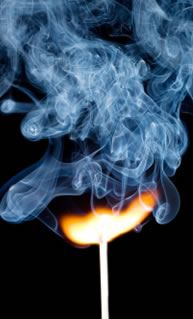
When the food mixture (chyme) from your small intestine gets to your large intestine, there are hardly any nutrients left. The large intestine still has a very important job to do though – it takes water from the chyme and returns it to your body. As your body takes back water, it just leaves waste products behind. These become dryer and harder so it is easier for your body to get rid of them!
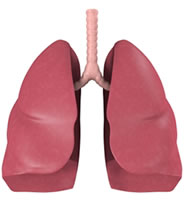
Your rectum and anus are the last stops in your digestive system. The solid waste left over when your food is digested by your body still has some water, but also other things like bacteria and fibre. When you go to the toilet, you get rid of waste (sometimes called faeces or poo!) by pushing it out from your rectum through your anus. All you need to do then is flush it away!
Your stomach connects the end of the oesophagus to your small intestine. It is shaped like a ‘J’ and can stretch when you eat or drink. Your stomach mixes your chewed food with lots of acids which break food into smaller and smaller pieces and kill any bacteria that you may have eaten by mistake. Your stomach doesn’t take any nutrients from the food but it is a really important part of your digestive system!
When the food mixture (chyme) from your small intestine gets to your large intestine, there are hardly any nutrients left. The large intestine still has a very important job to do though – it takes water from the chyme and returns it to your body. As your body takes back water, it just leaves waste products behind. These become dryer and harder so it is easier for your body to get rid of them!
| Digestive | Circulatory | Respiratory | Immune |